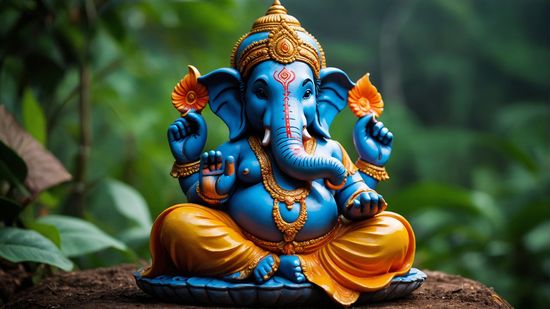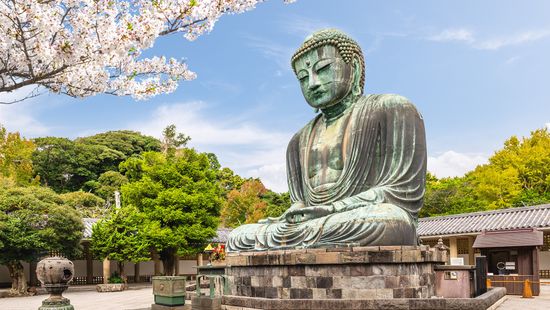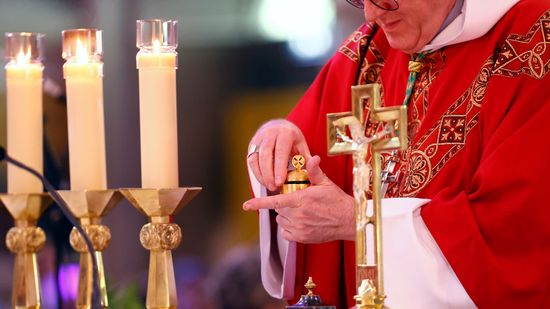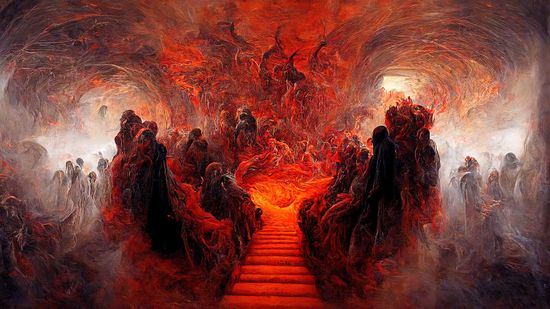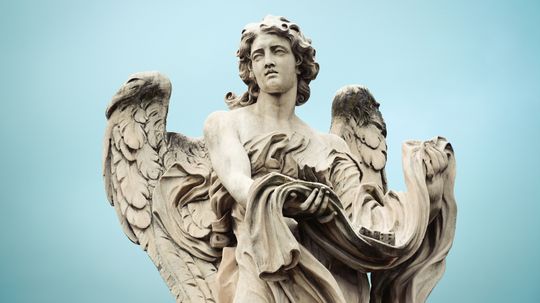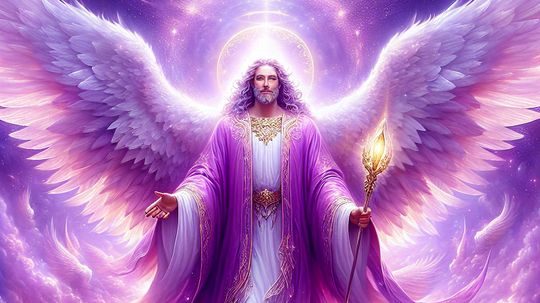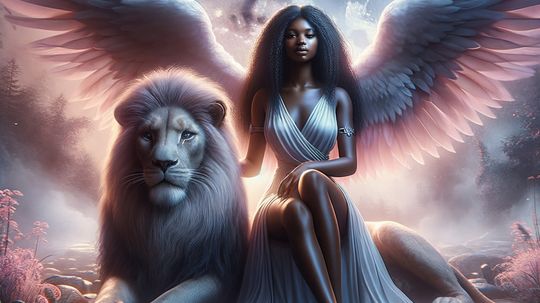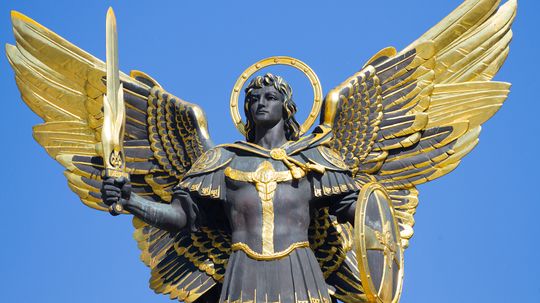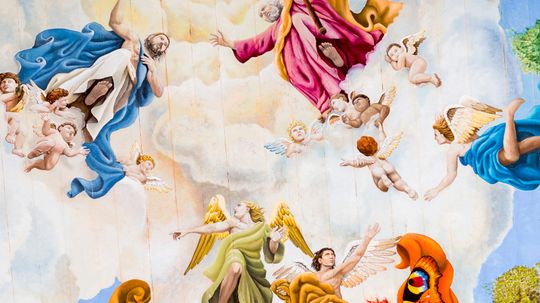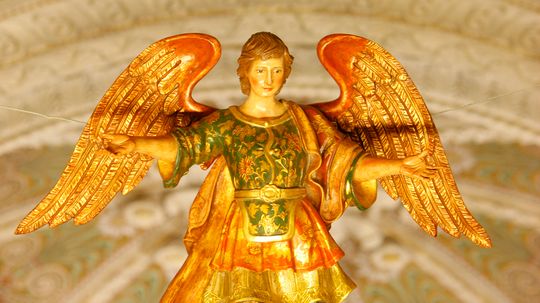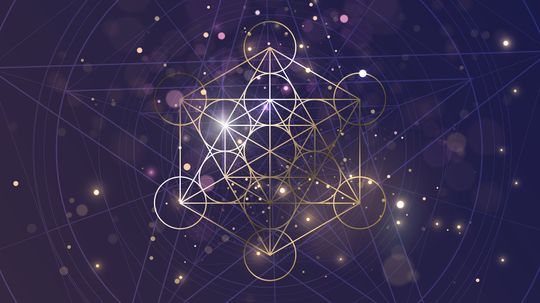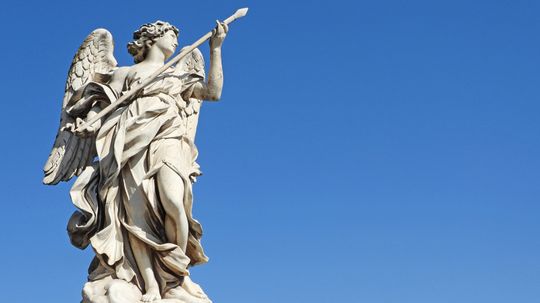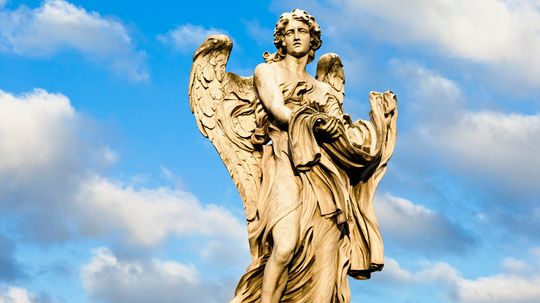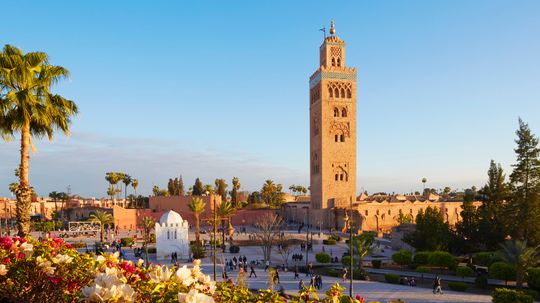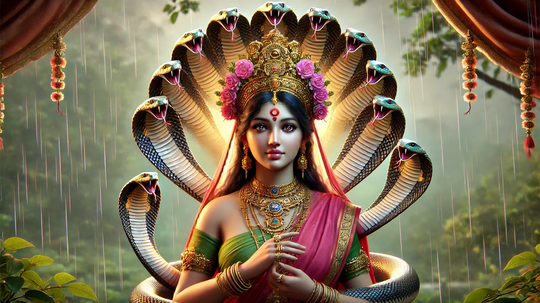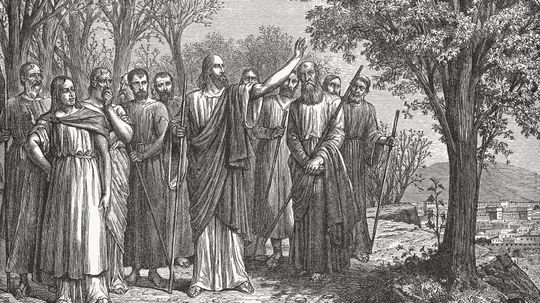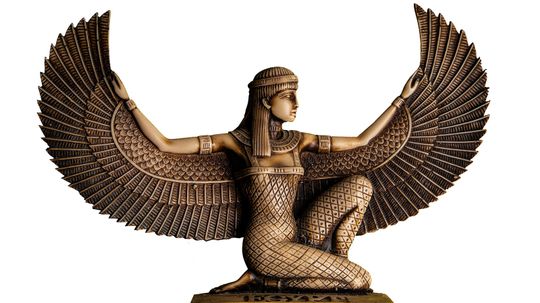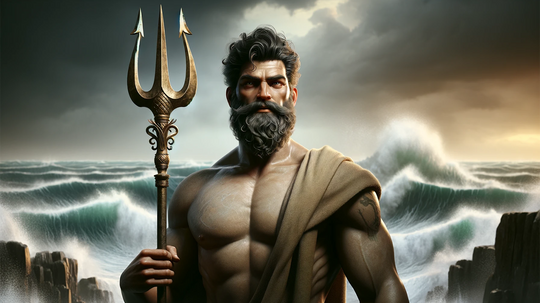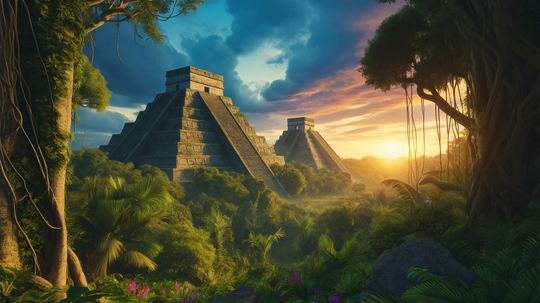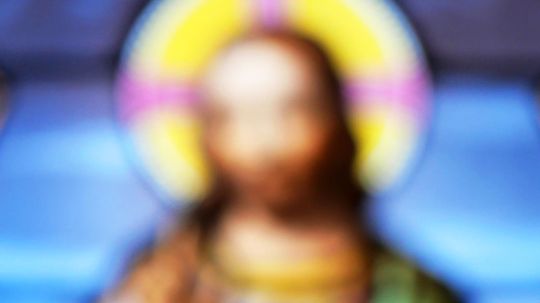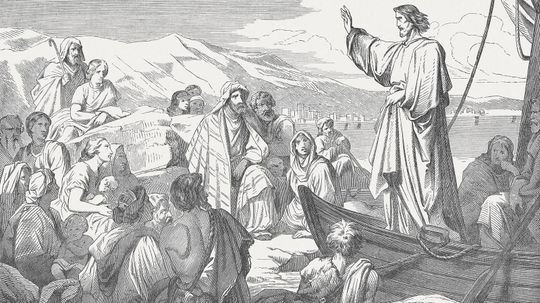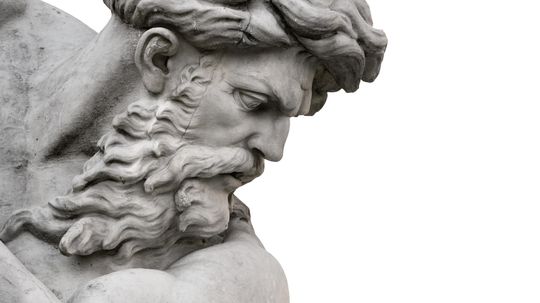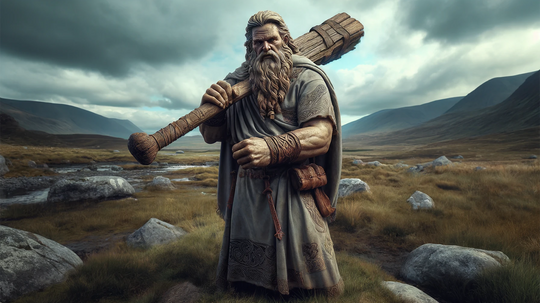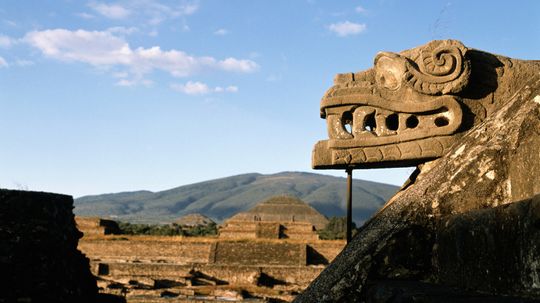Religion & Spirituality
Religion and Spirituality is an important element of every culture. Learn more about world religions and spiritual practices in both Eastern and Western cultures.
Learn More / Page 2
Although there are plenty of named and unnamed angels mentioned in both the Torah and the New Testament Bible, Archangel Raphael is likely one of the most recognized by scholars as well as casual readers of ancient mythology.
By Talon Homer
In many New Age spiritual practices, it's believed that angelic beings — such as the archangel Zadkiel — can be called upon to help guide and empower the passionate seeker. Here, we'll take a look at this celestial figure, and how you might draw upon his angelic wisdom and power to improve your life.
By Zach Taras
Archangel Ariel, whose name means "Lion of God" or "Lioness of God," tends to the natural world and the physical universe. Sometimes depicted as a male and sometimes as female (we use she/her pronouns in this article), Ariel's role extends to overseeing the elements, wild animals and the environment.
By Mack Hayden
Advertisement
While the popular understanding of most major, monotheistic religions tends to emphasize God, certain prophets and the written teachings of the spiritual tradition, there is a whole world of lesser-known entities who can be deeply significant.
By Zach Taras
Lucifer, whose name means "light bearer," is one of the most complex and significant figures in Christian tradition. Originally a high-ranking angel created by God, Lucifer's fall from grace is a powerful narrative that has shaped religious and literary depictions of evil for centuries.
By Talon Homer
The figure of Saint Michael, or Michael the Archangel, is one of the most powerful and revered beings in religious history. Known as the protector of the faithful and a warrior against evil, Archangel Michael is venerated across Christianity, Judaism and Islam.
By Mitch Ryan
In Christian tradition, an archangel is among of the most revered and powerful spiritual beings in the celestial hierarchy. Mentioned directly in both the Old and New Testaments, these angels serve as messengers, protectors and agents of God's divine will.
By Mitch Ryan
Advertisement
Archangel Gabriel is one of the most revered and influential figures in religious traditions across the world, often seen as a messenger of divine will and a guide to those seeking spiritual clarity.
By Karina Ryan
Metatron, angel and mediator between God and humanity, is one of the most mysterious and powerful figures in angelology.
By Mack Hayden
The Archangel Uriel is one of the seven angels who sit at the top of the heavenly food chain. He's one of seven archangels mentioned throughout Christian tradition. These archangels oversee God's legions of heavenly servants and help run the world as we know it.
By Mack Hayden
Archangel Jophiel, whose name means "Beauty of God," is said to emanate divine inspiration and wisdom, transforming negative emotions into positive energy. His energy encourages both inner and outer beauty, helping people cultivate not just physical grace but also a deeper sense of spiritual self.
By Mack Hayden
Advertisement
Islam is one of the world's largest religions, practiced by over 1.9 billion people across the globe — that's nearly a quarter of the world population. The world's Muslims are spread out across the globe, but the largest Muslim population is in the Middle East and other surrounding regions.
By Mack Hayden
The snake goddess trope has slid through various cultures throughout history, embodying powerful symbols of fertility, protection and transformation. From the ancient temples of Crete to the mythological landscapes of Egypt and India, these deities have played significant roles in religious practices and storytelling.
By Mitch Ryan
When you think of angels, you probably imagine beautiful beings with flowing white robes, gentle faces and perhaps a pair of wings. However, you might be surprised to learn that a biblically accurate angel can be a far cry from these modern depictions.
By Marie Look
The New Testament is filled to the brim with symbolic acts, but the Christian messiah, Jesus of Nazareth, was a master of this tactic. Jesus answered the toughest philosophical questions with stories and miracles to help each follower find spiritual fruitfulness and lead a fruitful life.
By Mitch Ryan
Advertisement
Isis, goddess of healing and funeral rites, was one of the most important Egyptian deities and arguably one of the most prominent female deities in the ancient world.
By Mitch Ryan
Poseidon, god of the sea, was an integral figure in ancient Greek mythology. Although the name Poseidon means "lord of the earth," this powerful god mostly controlled the oceans and waterways. The Aegean Sea fell and rose by his hand, and sailors prayed for mercy during every nautical voyage.
By Mitch Ryan
Ancient Maya culture was centered on interconnected city-states that developed great networks of trade and agriculture and some of the most advanced architectural wonders in human history. Today, artworks depicting roughly 250 different Mayan gods and goddesses can still be found carved into these wonders.
By Mitch Ryan
Unlike monotheistic religions based on the belief in an omnipotent, all-powerful overseer god who judges actions and determines justice in the mortal world, in Norse mythology, gods and goddesses were powerful entities that experienced human flaws, trials and conflicts.
By Mitch Ryan
Advertisement
The true appearance of Jesus Christ has been a topic of fascination and debate for centuries. Traditional Western art often portrays him with long, flowing hair, blue eyes and a beard, but these depictions are more reflective of European aesthetics than historical accuracy. This begs question: What did Jesus look like?
Have you ever wondered how the historical figure known as Jesus was actually referred to in his own time and place? Hint: It wasn't by that name.
Roman gods reflected their diverse people, with Greek mythology forming the basis of Roman religion due to Greece's widespread geographical influence.
By Mitch Ryan
There was no singular overarching Celtic religion. As ancient Celts made their homes in widespread regions across Western Europe, they developed different Celtic gods and goddesses to fulfill their spiritual needs.
By Mitch Ryan
Advertisement
In Greek mythology, goddesses held as much power as gods, embodying various aspects of nature and human experience.
By Marie Look
The Aztec civilization may have peaked more than 500 years ago, but all the Aztec gods and goddesses remain culturally significant even today.
By Marie Look

